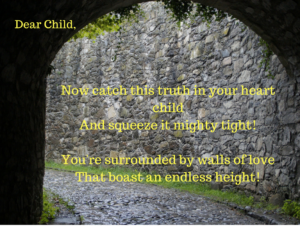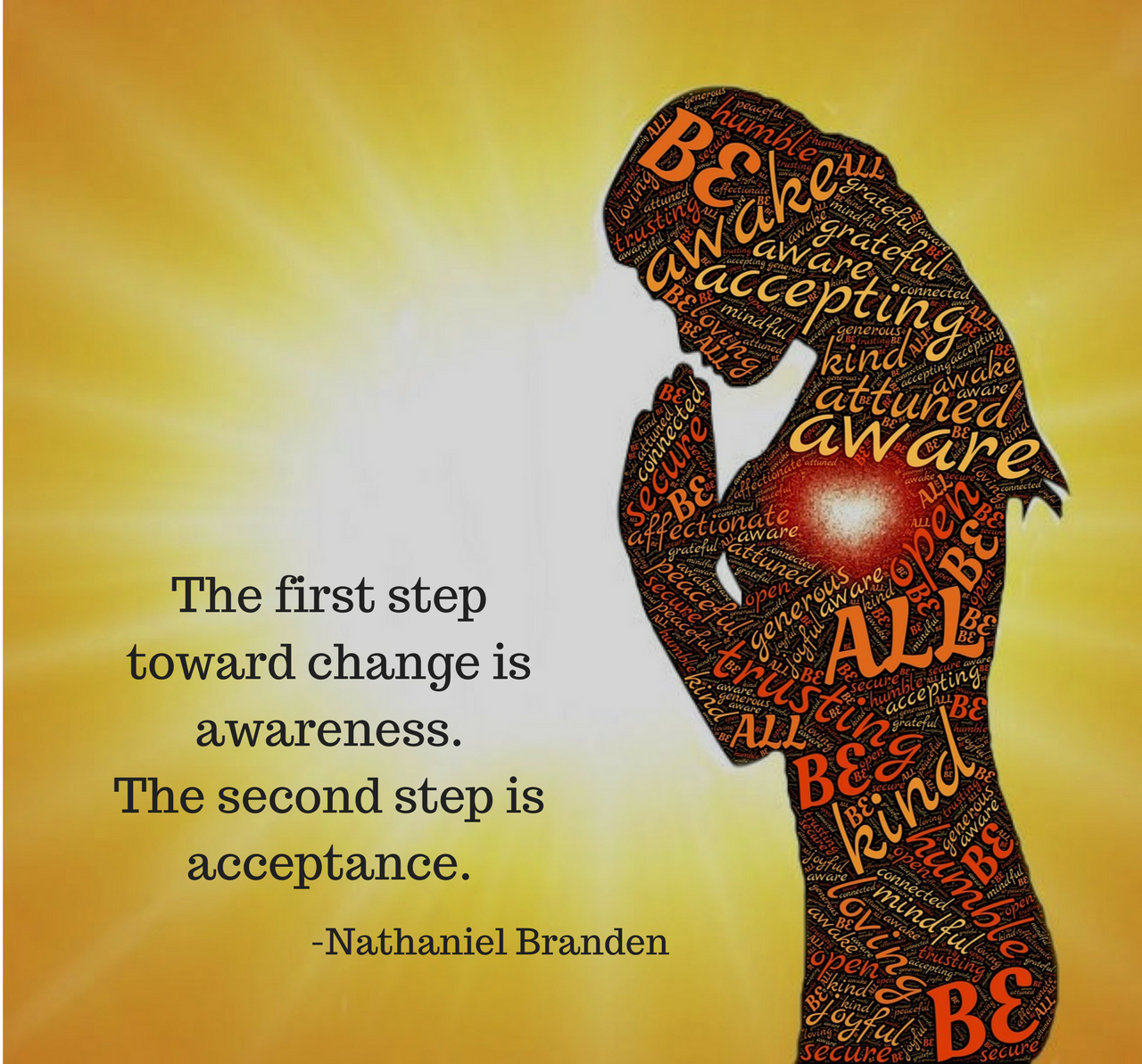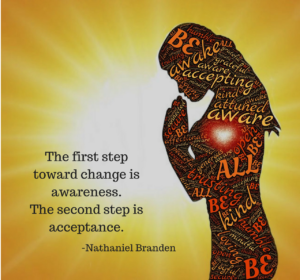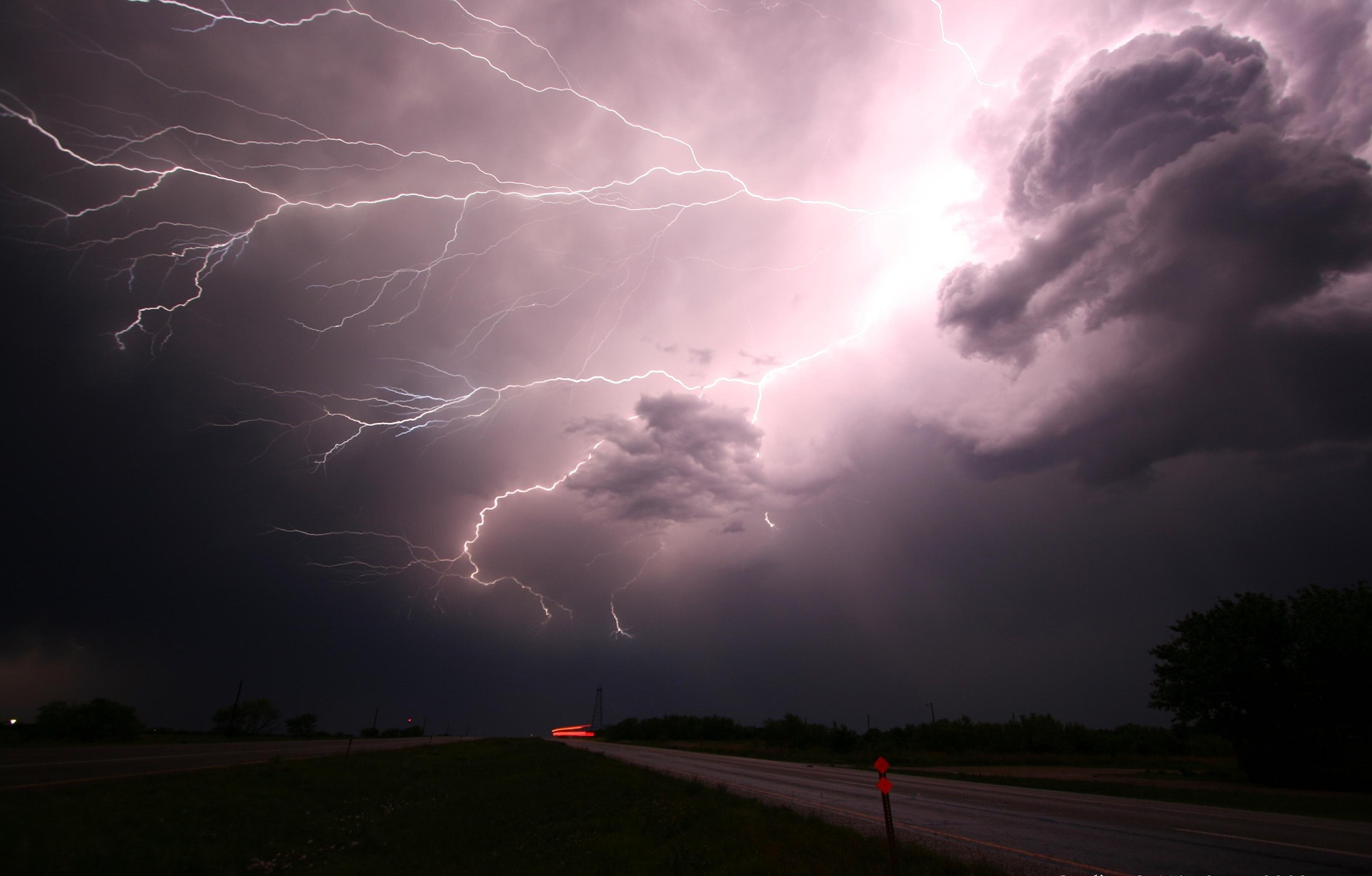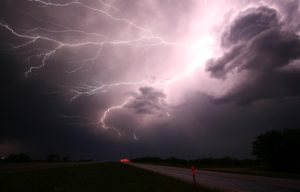“You little jerk.”
“Are you kidding me right now?”
“Wow, you’re really good at ticking me off!” (Fists clenching)
“What in the world were you thinking!”
Embarrassingly, I’ve thought each of these things in response to my students. In the last week. Some just yesterday.
It’s obvious I can have an unloving heart in my classroom. When these thoughts raid my mind, I’ve stolen a child’s hope. While a teacher’s ONE job is to provide hope, I’ve managed to steal it.
A Step Further
What happens when these thoughts become a mainstay, creating a calloused and hard heart. What if I acted on any one of these thoughts? Simply let a phrase slip from my lips. Let an aggressive sense flow through my hands. It’s frightening how easily that could happen. That quick.
We’re a fragile, weak creation. For some reason the Creator placed His treasures in jars of clay (2 Corinthians 4:7). We each are easily broken but contain extraordinary potential!
Called to Love, Providing Hope
I’m so thankful for the advent season. Dwelling on these historic truths softens my heart and puts me back together; This allows me to do my ONE teaching job well.
Coincidently the first theme of advent is hope. I’m reminded how important hope is for a person’s well-being. My hope is found in a quiet presence filled with love and grace, brought forth from a silent and holy night.
To perform my job well I must be a loving and gracious presence. I can’t do this completely without my divine help. Might I even love my students recklessly! Loving without expecting positive returns. When we expect certain returns in this world we’re setting ourselves up for hurt.
As we dwell on the truths of the season may the treasures inside us make us beautiful jars of clay! Merry Christmas!
Reckless Love by Cory Asbury:
O Holy Night by Hillsong Worship



